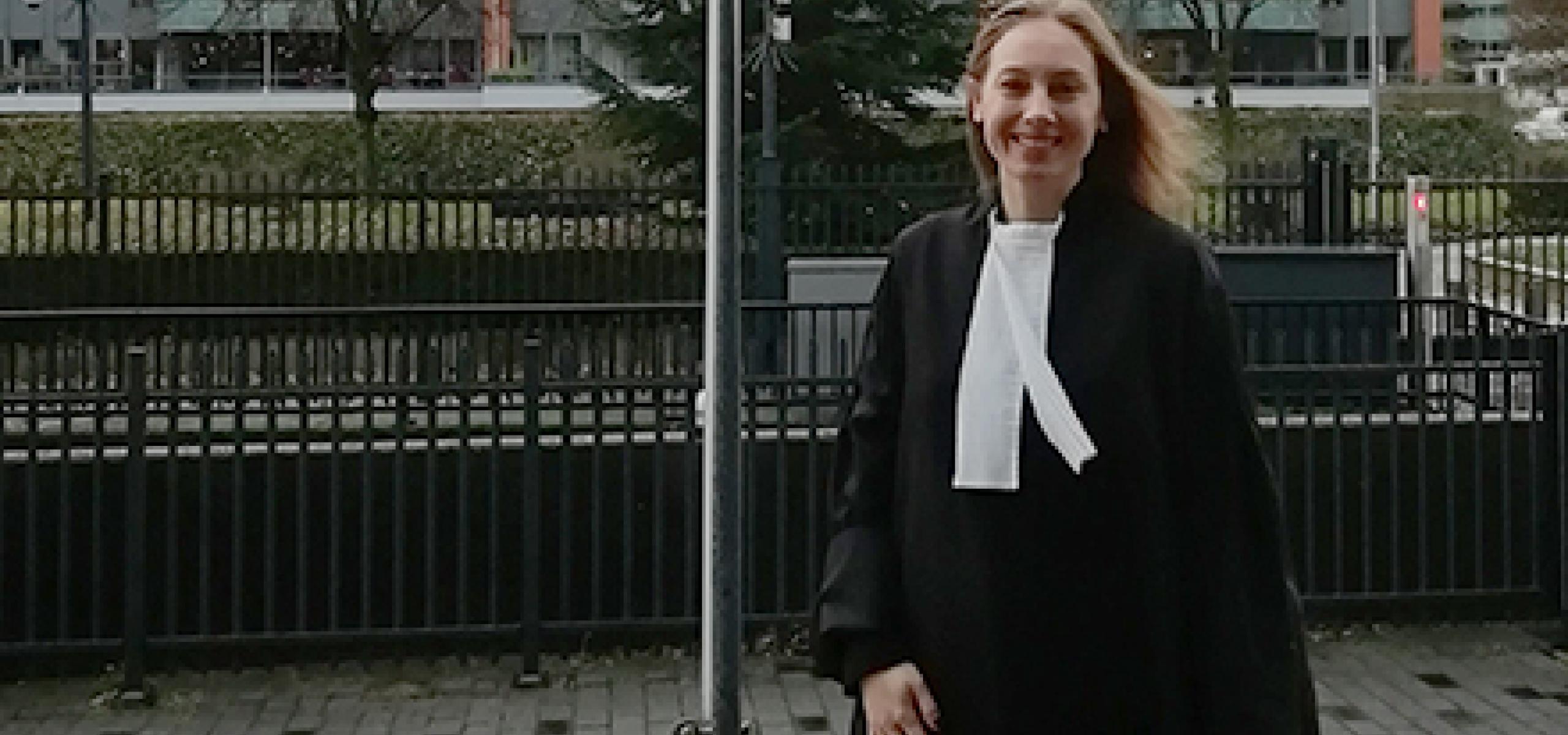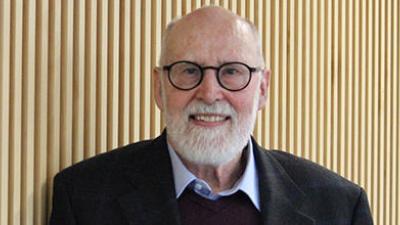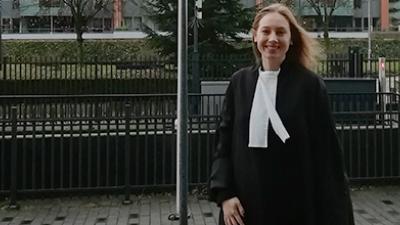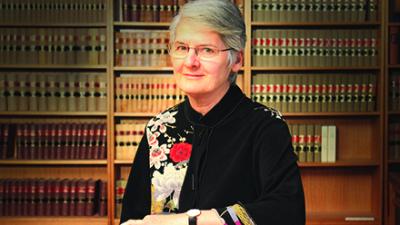
Degree
Master of Diplomacy/Master of Laws (International Law)
Years at ANU
2012 to 2013
Your current role:
Lawyer at an international criminal tribunal in The Hague, The Special Tribunal for Lebanon.
What motivated you to study the Master of Diplomacy/Master of Laws (International Law), and why did you choose ANU?
After practising in litigation and human rights for several years, I was keen to enhance my credentials in international law. I learned about the possibility of completing a Master of Diplomacy along with the Master of Laws (International Law) at ANU when I began to research international law Master’s programs around Australia. Diplomacy seemed to me to be a natural complement to international law, so I decided to pursue this option. I chose ANU because of its good reputation and because its LLM course format allowed me to complete my subjects without being based full-time in Canberra.
What are the program’s key strengths?
The expertise of the lecturers in their subject-matter, in both the Diplomacy Masters and the LLM, and the range of subjects offered in the LLM. These features allowed me to develop a deep knowledge of the fields of international law that are of most interest to me, in which I wished to – and now do – work after obtaining the degrees.
What was your favourite course in the program and why?
I enjoyed every course in both the Master of Diplomacy and Master of Laws (International Law). But particular highlights included Sarah Heathcote’s Advanced Principles of International Law Course for its precise, thorough analysis of fundamental concepts, and both Rob McLaughlin’s International Law and Peacekeeping Operations course and Jeremy Farrall’s Case Studies in Diplomacy course, for their applied, practitioner-oriented approach.
Are there any particular skills, experiences, or knowledge you gained over the course of your program? If so, what were they?
Two examples, of many, are the negotiation skills I gained from the Master of Diplomacy course on that subject and the skills I gained from both degrees in researching international sources – from UN Security Council resolutions and human rights reports, to more obscure and non-binding documents. These skills stand you in very good stead in practice, when you are asked to negotiate a treaty or to provide urgent advice on an international issue, or instrument, that you’ve never worked on before!
How has your degree led to overseas opportunities?
I have worked in internationally-focused jobs ever since obtaining the degrees, including in the Australian Government’s Office of International Law, and now work as a senior lawyer (Legal Officer P4) at an international criminal tribunal in The Hague. In this position, I advise and assist the Trial Chamber Judges of the Special Tribunal for Lebanon in their work on the Tribunal’s main case, Prosecutor v. Ayyash, Merhi, Oneissi and Sabra. This case centres upon a large-scale terrorist attack in Lebanon and involves applying both international and Lebanese law.
How has your degree been supported your career ambitions?
Having this degree, and the high marks I earned in it, were instrumental to my obtaining my current position in an international criminal tribunal. I have used the expertise I gained in the degree on a daily basis in this job, as well as in my previous positions advising the Australian Government on issues of international law.
Why do you think it is important to study international law and diplomacy in the current global climate?
Combined international law and diplomacy studies give you a strong understanding of the frameworks and institutions in which international activity occurs. This is of obvious utility in an increasingly globalised world.
I also think that for those of us with a particular interest in strengthening human rights protection and accountability worldwide, the better we understand both the legal and the diplomatic dimensions of situations in which serious violations of international law occur, the more effectively we can advocate for positive change.


